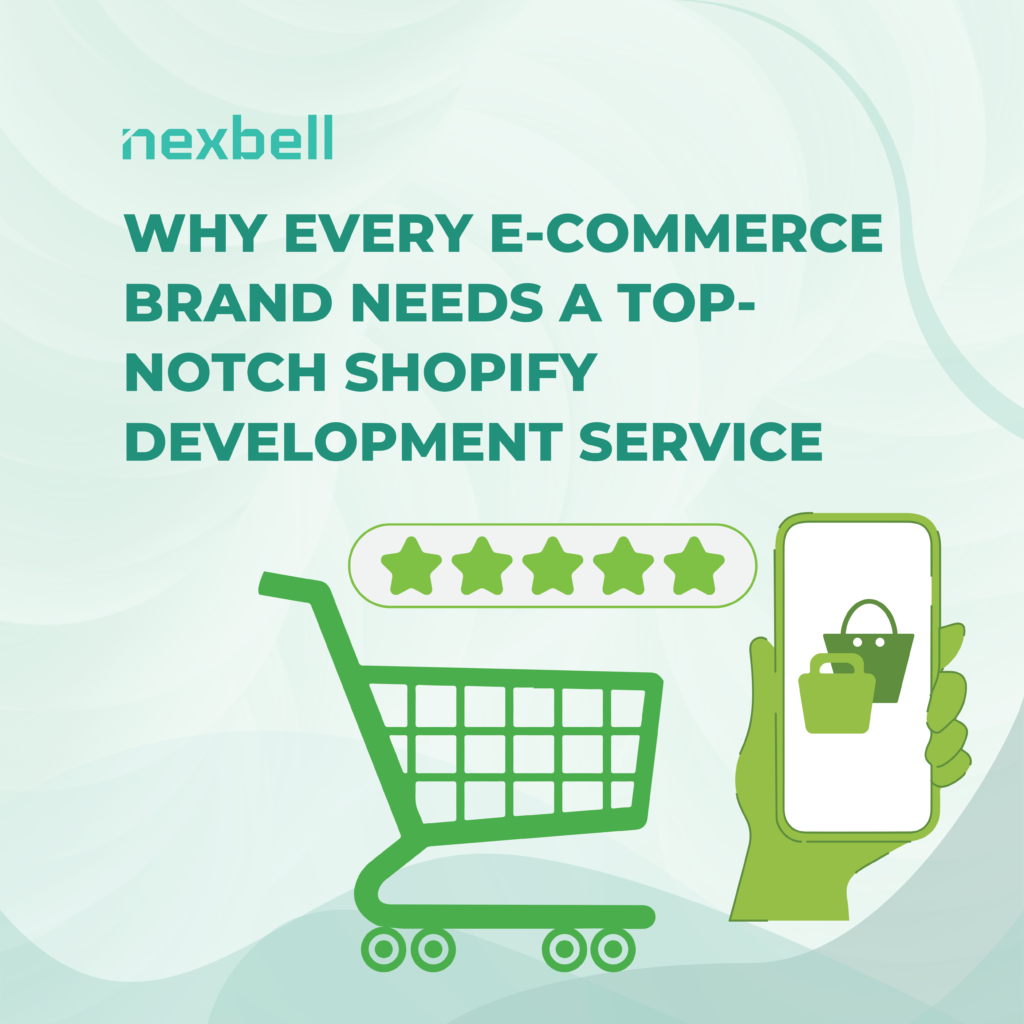Subscription-based e-commerce models have transformed the way businesses engage with customers and generate revenue. Unlike traditional transactional sales, subscription models focus on building lasting relationships with consumers by providing recurring value. This business approach has gained immense popularity, benefiting both companies and their customers. In this article, we explore the key advantages of subscription-based e-commerce models and why they are the future of online commerce.
1. Predictable Revenue Streams
One of the most significant benefits of subscription-based models is the predictable and recurring revenue they generate. Traditional sales can fluctuate due to seasonal demand or market trends, making it challenging for businesses to plan for the future. Subscription models, however, offer a steady cash flow, allowing businesses to forecast revenue more accurately.
Predictable revenue not only supports better financial planning but also enables companies to invest in product development, marketing strategies, and customer service. This stability is particularly advantageous for startups and small businesses aiming to establish a foothold in competitive markets.
2. Enhanced Customer Retention
Subscription models inherently prioritize customer retention over acquisition. By offering continuous value through curated products, exclusive content, or regular deliveries, businesses create a sense of loyalty among their subscribers. This ongoing relationship reduces churn rates and fosters long-term customer engagement.
For instance, companies like Netflix and Spotify thrive on their subscription models by consistently delivering personalized experiences. This approach ensures that customers feel connected to the brand and are less likely to seek alternatives.
3. Improved Cash Flow Management
Subscription-based e-commerce provides businesses with a consistent inflow of cash. This predictability enables better management of operational expenses, inventory, and other financial obligations. Companies can allocate resources more efficiently and avoid liquidity challenges, which are common in traditional sales models.
For businesses in industries like SaaS (Software as a Service) or digital content, this regular cash flow is crucial for sustaining growth and funding innovation. It also helps mitigate the risks associated with fluctuating market conditions.
4. Personalized Customer Experiences
The recurring nature of subscriptions allows businesses to collect valuable data on customer preferences, behaviors, and purchasing patterns. This information can be leveraged to create personalized experiences that cater to individual needs. By understanding their audience better, companies can offer tailored recommendations, exclusive offers, and customized products.
Personalization not only enhances customer satisfaction but also increases the perceived value of the subscription, encouraging renewals and referrals. Businesses that invest in data-driven insights gain a competitive edge in delivering exceptional user experiences.
5. Scalability and Growth Opportunities
Subscription-based models are inherently scalable, making them an attractive option for businesses aiming to expand their operations. Once the initial infrastructure is established, companies can focus on acquiring more subscribers without significantly increasing operational costs. The recurring nature of subscriptions also provides a foundation for sustainable growth.
Moreover, subscription businesses can explore upselling and cross-selling opportunities. For example, a beauty subscription box might offer premium products or add-on services to its subscribers, boosting revenue while enhancing customer satisfaction.
6. Customer Convenience
Subscriptions offer unparalleled convenience for customers, saving them time and effort. Whether it’s a monthly delivery of groceries, a curated box of fashion items, or access to exclusive digital content, subscribers appreciate the hassle-free experience. This convenience is a significant driver of customer loyalty and satisfaction.
The automatic renewal feature in subscription models ensures that customers don’t have to remember to reorder products or services. This seamless process enhances the overall user experience, making subscriptions an appealing option for busy individuals.
7. Competitive Advantage
Businesses adopting subscription models gain a competitive advantage by differentiating themselves in crowded markets. By offering unique value propositions, such as exclusive content, personalized recommendations, or premium memberships, companies can attract and retain a loyal customer base.
For example, Amazon Prime’s subscription model provides benefits like free shipping, access to streaming services, and exclusive deals. This multi-faceted approach creates a compelling value proposition that keeps customers engaged and loyal.
8. Environmental and Social Impact
Subscription-based models often promote sustainable consumption by encouraging customers to use products over time rather than making impulsive purchases. Many subscription services focus on reusable, refillable, or environmentally friendly products, aligning with the growing consumer demand for sustainable practices.
Additionally, businesses can support social causes through their subscription offerings. For instance, a company might donate a portion of its subscription revenue to charitable organizations, creating a positive social impact while building brand loyalty.
9. Enhanced Brand Loyalty
The recurring interaction with subscribers fosters a stronger connection between the brand and its customers. Subscription models provide ongoing opportunities to engage with the audience through newsletters, exclusive content, and loyalty rewards. These touchpoints reinforce brand identity and encourage repeat business.
Loyal customers are also more likely to advocate for the brand, sharing their positive experiences with friends and family. This word-of-mouth promotion is a powerful tool for driving organic growth and expanding the subscriber base.
10. Data-Driven Decision Making
Subscription businesses have access to a wealth of data that can inform strategic decisions. By analyzing subscriber behavior, preferences, and feedback, companies can identify trends, optimize pricing strategies, and refine their offerings. This data-driven approach minimizes risks and enhances the overall efficiency of business operations.
For instance, a subscription service for fitness equipment can track usage patterns and introduce new products or features based on customer needs. This adaptability ensures that the business remains relevant and competitive in a dynamic market.
Nexbell Inc. and Subscription-Based E-commerce
Nexbell Inc., a leading IT firm, specializes in delivering innovative solutions for businesses across various industries. With expertise in custom software development, cloud-based technologies, and digital marketing, Nexbell empowers companies to thrive in the digital age.
For businesses looking to adopt subscription-based e-commerce models, Nexbell offers tailored e-commerce solutions that include user-friendly platforms, secure payment gateways, and seamless integration. These features enable businesses to create efficient and customer-centric subscription services, driving growth and profitability.
Whether you’re a startup exploring subscription opportunities or an established brand seeking to optimize your e-commerce strategy, Nexbell’s comprehensive solutions ensure a smooth transition to a subscription-based model. By partnering with Nexbell, businesses can unlock the full potential of subscription e-commerce and build lasting relationships with their customers.








